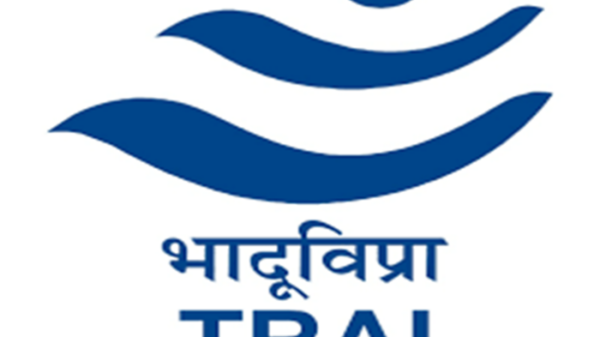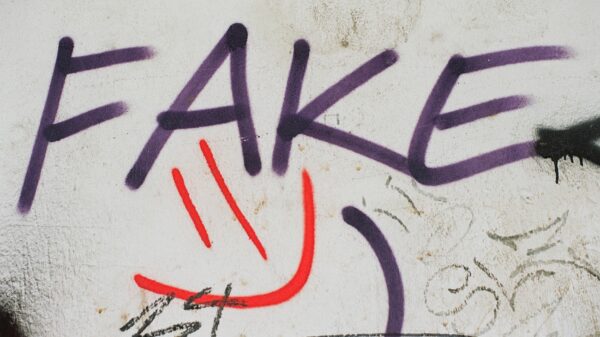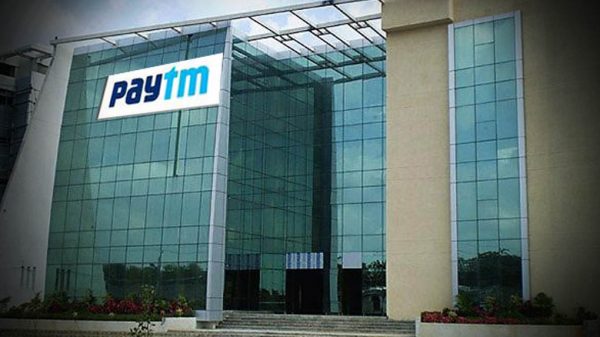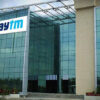The Delhi government is reportedly looking at capping surge pricing again for online cab aggregators, reports the Economic Times. The publication cited state transport minister Kailash Gahlot who said that the cap will be included the in the City Taxi Scheme 2017. Unlike the previous effort in 2016 to stop surge pricing on the roads, this time cab aggregators such as Ola and Uber will be allowed charge some extra amount above the base price per kilometre but that amount would be fixed and strictly enforced. Sources also told the publication that the amount is likely to be around Rs 10 per kilometre above the base price. Uber and Ola temporarily suspended peak and surge pricing’ in Delhi NCR in April 2016, following Delhi government’s announcement that it would take strict action, including impound cabs and cancellation of permits, against those who would flout government rules. Uber's BOOST programme Uber has an incentive structure for drivers called BOOST where executives tell drivers to go to areas where there is surge pricing in order to fulfill the demand. “When the demand for rides supersedes the number of cars available on the road, riders see dynamic pricing kicking in and drivers on their app see the areas in the city that have high demand. In such situations, dynamic pricing helps us incentivise drivers to get their cars out on the roads to address the increased demand. In the process, we are able to not just predict demand and supply but also bring down the wait times for riders, increase…





























